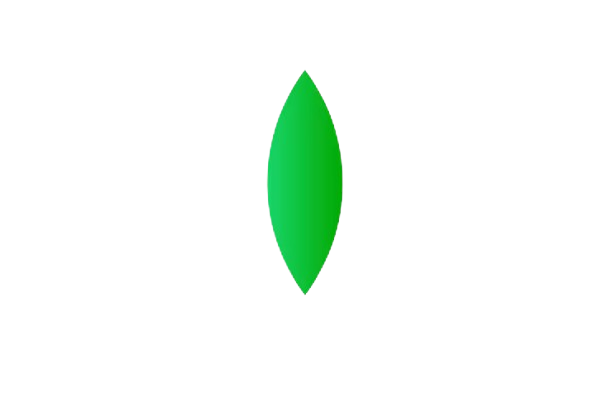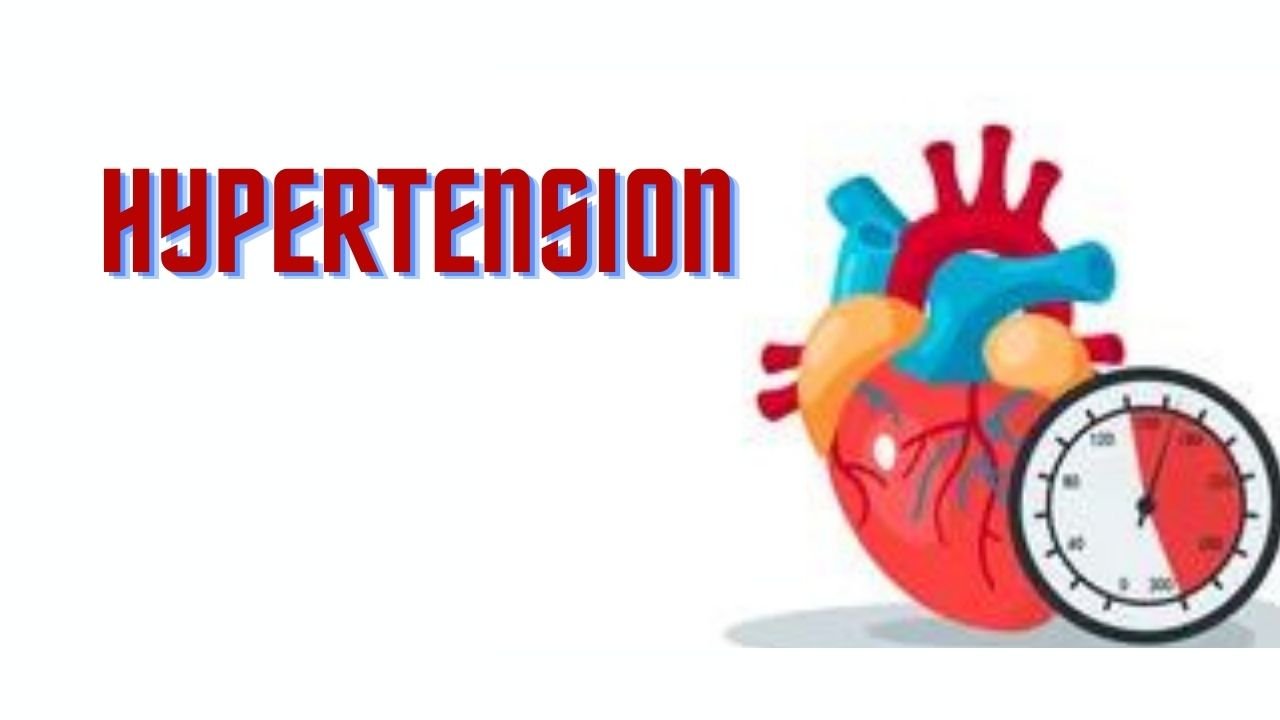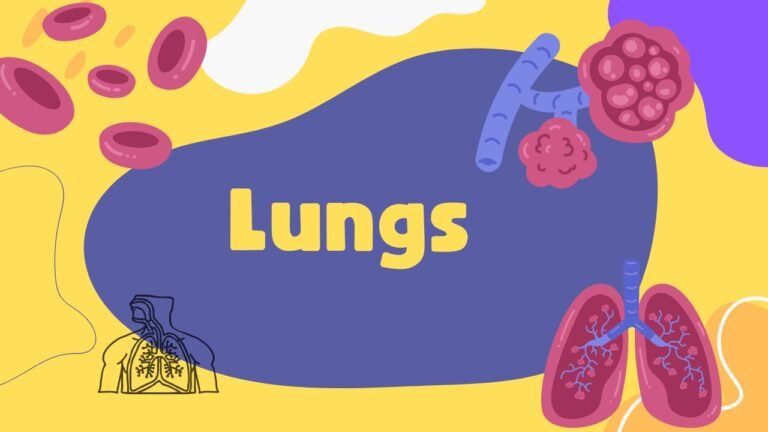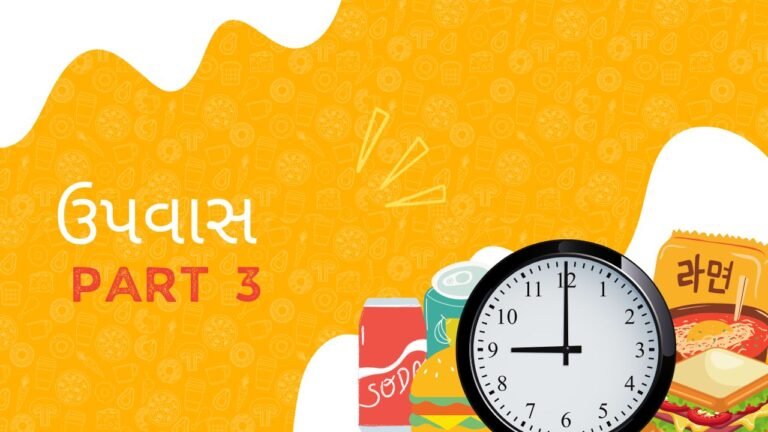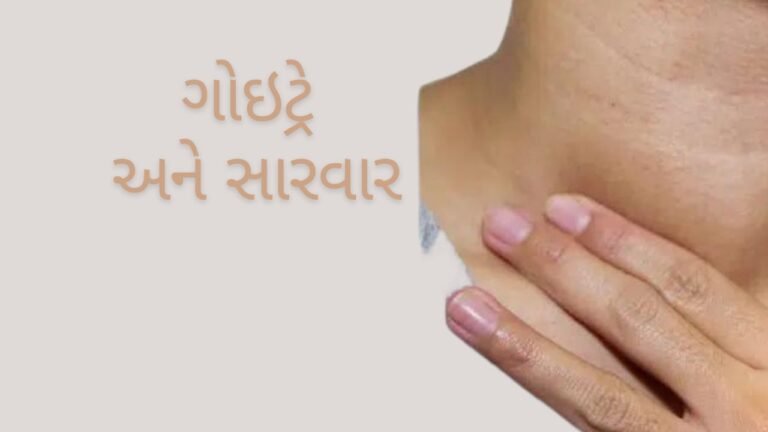HYPERTENSION
HYPERTENSION

high blood pressure is one of the sensitive topics one should be aware of. Every second or third person out of 10 is facing this issue nowadays, specifically in country like India. The word blood pressure can be understandable with the same pressure of blood which flows in the arteries. The arteries are the ones which transport our blood throughout our body. When the blood flow in the arteries increases the person faces high blood pressure. BP is the force of blood which pushes the blood to the wall of blood vessel. Scientifically, hypertension is the condition in which the force of blood against the arteries is too high. This means when the blood passes through arteries and if the flow of the same would be higher, then the person would retain high blood pressure. When we talk about normal blood pressure range it is 120 by 80 mm Hg.
To measure the blood pressure there is two ways:
- Systolic Blood Pressure – It measures the pressure in the arteries when your heartbeats. When the heart beats, the flow of the blood through the arteries is seen as systolic blood pressure. The general range of the systolic blood pressure for healthy people is around 120/mm Hg.
- Diastolic Blood Pressure- It measures the pressure in the arteries when the heart rests between beats. During the pumping the pressure at a point slows down. The rest of the heart between the beats is called diastolic blood pressure. The general range of the diastolic blood pressure for healthy people is around 80/mm Hg.

The device used to measure blood pressure is called sphygmomanometer. It is used to measure the Bp of the person whether it is systolic or diastolic. There is a cuff which is covered in our left hand and with the help of the pump we can get the beats count with the help of the pressure given on the pump. This is called systolic blood pressure range. The heartbeat when rests or stops for a fraction of seconds is diastolic blood pressure range. These ranges are shown on mercury gauge. Greater than 140 is systolic blood pressure and greater than 90 is diastolic blood pressure. If this range is shown on the gauge the person is prone to face hypertension or high blood pressure. The situation seen in this is systolic is high, diastolic is high or both are high. It is a long-term situation kind of thing.
One needs to take twice or thrice measurement of blood pressure minimum. To check the persons hypertension problem. One most important thing is the time you measure the blood pressure should be continuously maintained whenever you do the next measurement. Then only one gets to know the exact blood pressure issue.
While monitoring the blood pressure one should keep certain things in mind:
- Checking the BP of the person coming after a jog or regular walk. It is always on a higher side, or it may be fluctuating.
- When a person gets shocking news then also their blood pressure may be on a higher side.
- Make sure one makes the person lie down and then check the blood pressure. Then only we can get the exact measurement of the same.
- One needs to look after the symptoms then only we can diagnose the problem easily.
Classification of Blood Pressure or Hypertension:
- The pre-hypertension stage wherein the systolic blood pressure ranges 120 mm/Hg normally but if it increases that is greater than 130 mm/Hg then it is a matter of a serious condition. And similarly, the diastolic blood pressure ranges 80 mm/Hg normally but if it increases that is greater than 86 mm/Hg then it is a serious condition.
- Hypertension stage 1 is detected when the systolic blood pressure ranges from 130-140 mm/Hg. And the diastolic blood pressure ranges from 80-90 mm/Hg then it is the hypertension stage 1.
- Hypertension stage 2 is detected when the systolic blood pressure is greater than 140 mm/Hg. And the diastolic blood pressure is greater than 90 mm/Hg then it is stage 1 of hypertension. It is a little bit serious.
Types and goals of hypertension are divided into 2 categories:
- Primary or essential hypertension- Almost 90% of the people face this. The cause of the primary hypertension is not yet specified. It is totally an unknown cause. The one cause could be the genetics which can be passed from generation to generation in the family. The other thing is the lifestyle. Life has become much faster, and people have uneven schedules, lack of discipline and punctuality in life has also the cause for the same. It also suffers from metabolic disorders. This again causes hypertension. Obesity and stress are again faced by everyone. One needs to manage both because it can slow the flow of the blood in the arteries. Atherosclerosis is developed and due to that person has to face hypertension. Hence, it is a chronic problem. Age also plays a role in problem in hypertension. Increasing age also increases the thought processing and deepening thoughts of the person. The organs are also damaged, the arteries lose elasticity and become narrow. Tobacco consumption or alcohol habits are also responsible for the same. Sodium is also the issue instead rock salt and pink salt is the best solution. When we consume sodium they mix with the blood, and it increases the pressure in the arteries. Beverages like tea and caffeine directly hurt our arteries. Minimize fat consumption. This can be reversed if we try by ourselves.
- Secondary hypertension- Basically, secondary hypertension comes suddenly due to unidentified causes. Narrowing of the arteries that supplies the blood to the kidney. Specifically, the renin enzyme. If it increases suddenly then it directly affects our kidney. Kidney is the detoxifier organ of the body through which all the toxins is collected and released in the form of excreta and urine. The narrowing of the arteries, obstruction in the blood flow and due to which some kidney diseases arise. Higher creatinine levels damage the nephrons in the kidney. Adrenal gland disease also comes under this. Narrowing of aorta also causes hypertension. Pre-eclampsia detected during pregnancy comes under hypertension. Contraceptive pills, cold and cough painkillers are full of steroids, cocaine consumers also face this problem. Obstructive sleep apnea can also be detected in this. This category comes under severe pressure. The complication is much more severe than the primary category and is not reversible. The histopathology of hypertension is that there are changes in arteries lining or muscles retention increases. Hence, the lining of the arteries becomes narrower. The normal flow of blood is not maintained and myocardial of the heart is not getting enough blood to flow. Increase in cardiac output that is palpitation increases as well as systolic and diastolic blood pressure increases. This reduces the blood flow and organs do not get enough blood. Obstruction increases and Plaque deposits in the arteries. The cells and inside organs start damaging. The system slows down. The kidney failure also starts. The toxins inside the body increase. As all systems are interconnected after one organ the other organs and systems are damaged. In this process, vascular muscles become narrower. If the blood flow is good, the blood flowing through the brain has proper impact on sleep process, anxiety, memory, decision making process, etc. The neurological change is normal. If the brain doesn’t get enough blood, then this neurological chain breakdowns the normal flow and hypertension as well as brain associated issues starts.
Clinical manifestations / silent symptoms of Blood Pressure:
Continuous severe headache
Heaviness in head
Dizziness
Giddiness
Blurred vision
In severe cases, loss of vision
Nausea
Vomiting
Renin inside kidney
Improper working of liver
Confusion
Memory loss
In some case, bleeding of nose
Chest pain
Shortness of breath
Irregular heartbeats
Tingling in the left shoulder and jawline
Sudden heart attack
Heart failure
Sudden stroke
Left ventricle hypertrophy
Enlarged arteries due to heavy blood pressure
Retinopathy
Partially paralyzed
If any such symptoms are seen check your Blood Pressure and get consultation from your doctor. Take proper care of your health. The heart palpitation might increase. Make changes in your lifestyle and take proper medications.
Diagnostic methods:
If you’re already facing any issues such as diabetes, sugar, cholesterol, lipids density variations, stress, angina pain, chest pain or any similar problems take this into consideration of medical history. Any type of genetic disorder has been faced by the person. Later comes the physical examination of the person. Easy step up through stairs, shortness of breath, blood pressure ranges, routine body temperature and similar physical exams are taken into consideration.
Tests:
CBC test
Fasting blood sugar test
Lipid Profile test
Creatinine level test
Blood Urine Nitrogen (BUN) test
24-hour urine test
ECG test
Examination of retina
These types of tests are required for proper diagnosis and even any type of medications. One can manage the food habits and lifestyle changes accordingly. Naturopathy is the best way to manage hypertension. Maintaining blood pressure naturally can help you get away from such problems.
Naturopathic way of curing:
First is lifestyle and food habits.
Secondly, sound sleep
Thirdly, eating routine food. High intake of sodium can damage the blood vessels. One needs to shift onto rock and pink salt. Avoid fatty substances which can indirectly affect your lipid ratio. Do not overeat which can lead to obesity.
Fourth, is the pranayama. The proper supply of oxygen can lead to proper blood. The purification and detoxification of blood comes from deep breathing.
Fifth is regular exercise. A sedentary lifestyle can cause hypertension. Giving time to exercise can make your body better movable. Doing aerobics, yoga, walking, stepping stairs etc. makes your blood flow better. Having 6-8 hours of sleep is necessary in a day.
Sixth is hot and cold tub bath. Taking 10-15 minutes of the bath and next 10 minutes sit in the normal tap water bath according to the season and body temperature. Foot bath can be most relaxing for hypertension. Spinal bath is also the best therapy. Mud therapy can lessen the toxins inside the body and manage blood pressure.
Seventh is managing stress. Due to stress anxiety increases and this when increases the hypertension and unhappiness. It decreases the serotonin hormone.
Eight is herbs such as sarpagandha, which is best for blood pressure. It is also available in powder and tablet form. One tablespoon twice a day it’s powder in water or twice a day two tablet is preferable for healthy person. Consume fresh wheatgrass juice 50-60 ml a day. Wheatgrass powder or tablet is also easily available. The alfalfa herb is constituted with amino acids, nutrients and certain properties and rich in antioxidants. It is best for blood pressure. Arjun chal, Arjun syrup or Arjun powder can help you to minimize the blood pressure. Arteries can be maintained and heart muscles turns stronger. Amruta herb can also maintain ones blood pressure and reduce hypertension. These herbs don’t have single side effect.
These can help you to switch on natural way rather than allopathic.
